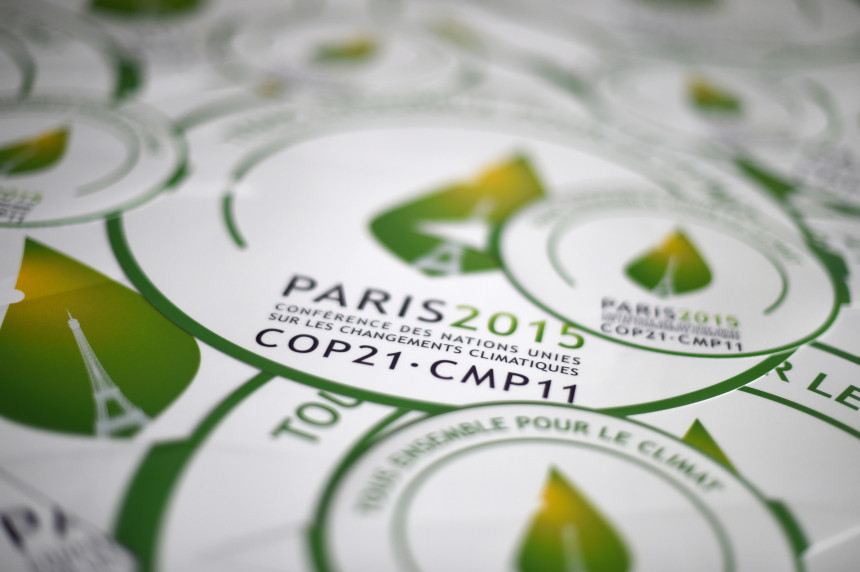
The Paris agreement is a decisive step in tackling climate change, but "there is still" a long way to go
Redacción

The Paris Agreement marks a turning point in the history of the negotiations on climate change in several ways. For a start, it is the most comprehensive, universal and balanced agreement that has been signed during the 23 years that the issue has been on the international agenda.
It stipulates that all countries, without distinction, determine their national contribution and commitment to carry out and communicate their efforts in terms of emissions reduction, which must be ambitious, but always according to their capabilities. It also sets mechanisms for transparency and accountability to verify their commitments, not only in terms of reducing emissions and adaptation efforts, but also support in terms of financing, technology transfer and capacity building.
The agreement is flexible and provides for periodic review of the process at least every five years in order to increase their level of commitment. It also seeks to be fair, to be built on the principle of "common but differentiated responsibilities", including provisions aimed at supporting the least developed countries and communities and those most vulnerable to the impacts of climate change. We are very optimistic about the agreement reached. It means a triumph of multilateralism and an example of the value of the collective efforts of all countries, despite their differences in terms of development and capacities, degree on the responsibility for causing the problem, vulnerability to the impacts it causes, and national interests, were able to establish common goals and actions to the greatest challenge currently facing humanity.
A crucial step in the right direction
An intense negotiation process culminates with Paris COP21, during which we sought to bring positions closer and strengthen a global effort to address climate change. The problem encompasses its causes and consequences in scientific, technical, economic, social, legal, political and even ideological issues, in which previously it not been possible to achieve a consensus and collective action among 195 countries. The Paris Agreement gives a fundamental step in the right direction, but there is still much work to do to consolidate and convert it into action, and even more so that it reinforces and accelerates the speed that the phenomenon warrants.






